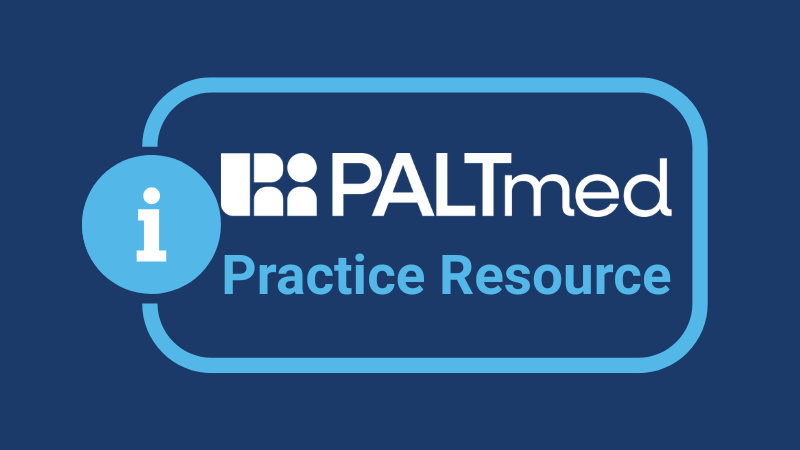February 23, 2023
According to one study, between 65% and 90% of nursing home residents have a mental or behavioral health problem. Yet there is a shortage of psychiatric practitioners with expertise in geriatrics. However, facility team members can do much to help their residents who have psychiatric issues when they have essential skills. A new course from AMDA, Tips from the Pros: Basics of Psychiatric Management in the Nursing Home, will provide these skills and more.
Overall, this new course is designed to provide participants with information about addressing dementia and related behaviors, psychotropic prescribing safety, performing medication reviews, and caring for those residents with major chronic psychiatric illnesses. They also will learn how to assess capacity, manage residents living with personality disorders, when and when not to seek outside consultation, and how to design a “practice philosophy” that includes healthy limit-setting.
“The vast majority of people caring for nursing home residents with psychiatric issues lack the clinical training and experience to be effective without the involvement of consulting psychiatrists. This course will give them practical information and skills they can use to confidently problem solve and address issues such as behavioral problems in real time,” says Lea Watson, MD, a course co-creator. The course will focus on an array of topics such as deprescribing (is it always best?), safe prescribing, medication decision-making, behavioral and psychiatric symptoms, dementia and behaviors, personality disorders and behaviors, and decision-making capacity.
The course was created to respond to a demand by AMDA members for this kind of programming. Dr. Watson explains, “Allison Villegas and I presented a session at the Annual Conference two years ago about the essentials of psychiatry for non-psychiatrists. It was very well received, and people were really interested in learning more. AMDA approached us about building content for this course and making it a robust interactive, online program.” She noted that although the course is fairly new, it’s already getting good feedback from participants.
Working on this course has been a labor of love for Dr. Watson. She says, “We will never have enough mental health providers to work with nursing home residents, but we can empower our teams to provide care and employ skills and competencies. We can enable them to implement practical solutions in real time.” This kind of education can be especially helpful for frontline team members who know the residents best and have a full knowledge of their medical issues. “These individuals are in the best position to implement behavioral health care on-site instead of sending residents out for appointments or to the ER or hospital for care. Implementing care at bedside provides the best outcomes,” she adds.
The course takes an hour to complete. In addition to the information and expert direction, participants will get tools and resources, including the Beers Criteria® list, case scenarios to practice medication review, strategies for front-line staff to identify and manage behaviors, and safe prescribing strategies and a decision-making model.



